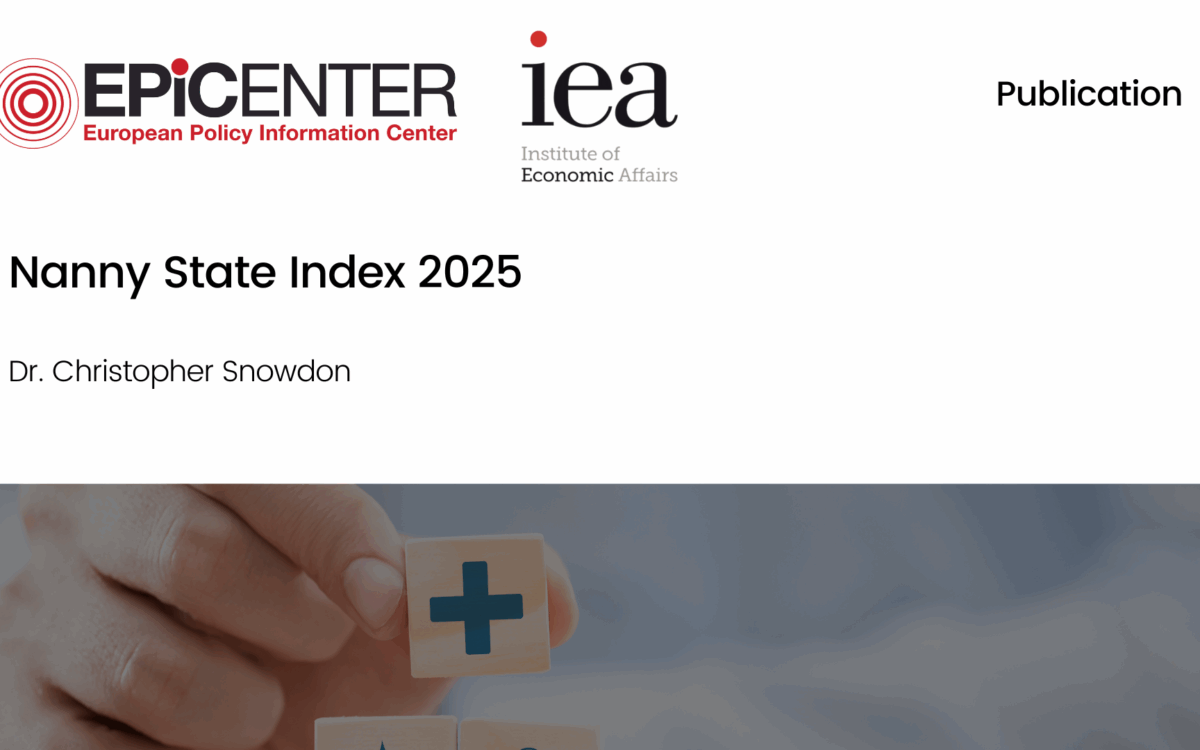Hire Authority

Hire Authority
04 November 2016
In recent years, smartphone-enabled applications such as Uber have gone a long way to resolve the market imperfections which gave rise to taxi regulation in the past. GPS technology and Big Data have spurred market innovations which reduce informational asymmetries, facilitating transactions between passengers and drivers.
App-based transport services form part of the so-called ‘sharing economy,’ which involves the reduction of transaction costs to make more efficient use of assets. In particular, sharing economy providers add value by providing information in a timely and searchable way, outsourcing trust on behalf of users, and consummating transactions in a reliable and immediate fashion.
Recent market innovations make reform of taxi regulation urgent. The principles of such reform should be decentralisation, to facilitate trial and-error and fitness for local conditions; a one-tier system of regulation, as the old separation between taxis and private hire is obsolete; technology neutrality; and a preference for private governance, which has proven so successful in app-based services.
Download or share this publication
View the PDF
EPICENTER publications and contributions from our member think tanks are designed to promote the discussion of economic issues and the role of markets in solving economic and social problems. As with all EPICENTER publications, the views expressed here are those of the author and not EPICENTER or its member think tanks (which have no corporate view).



